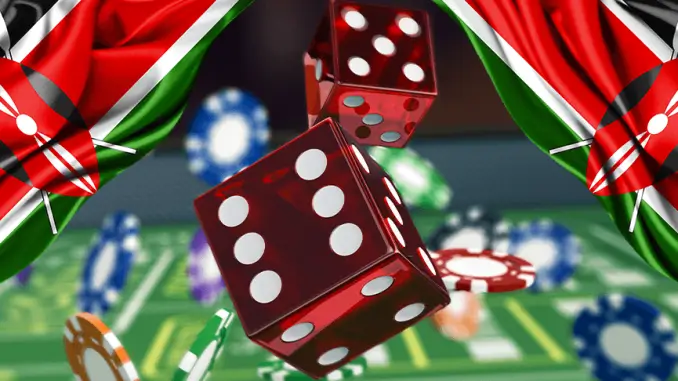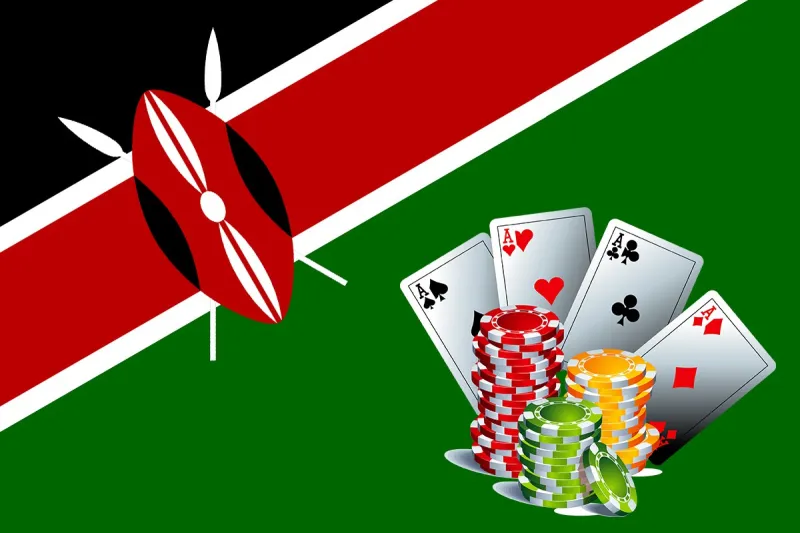
Kenya has introduced a Gambling Bill in an effort to establish a new Gambling Regulatory Authority.
The bill is now before the Parliament with its future yet to be decided, Kenya is on the path to significant gambling reforms. Under a new bill, the East African country is set to establish a new regulatory body and overhaul its gambling rules.
The measure, dubbed Gambling Control Bill 2023, would replace the Betting, Control and Licensing Board (BCLB) with a new regulator. In addition, the bill is set to introduce regulations on betting, casino gaming, and other forms of gambling and legalize prize competitions, public lotteries, and media promotions.
Sponsored by National Assembly Majority leader Kimani Ichung’wah, the bill would change Kenyan gambling for good.
The bill is now before the Parliament with its future yet to be decided.
Under the proposed laws, gambling would expand but so would regulation. The bill envisions creating a regulator that has the powers necessary to deal with unruly gambling companies. To prevent regulatory breaches, the measure will introduce fines for violations of the country’s gambling law, preventing operators from simply ignoring the rules.
To make sure that operators do not violate the regulations, the bill would require them to post a bank guarantee or insurance security bond that would cover potential violations. Promoting an unlicensed lottery, for example, would carry a KES 1 million fine (approximately $6,500) or a year in prison.
The new bill will also prohibit bets under KES 20. Firms that violate this rule risk a fine of KES 50 million ($328,000).
In addition, the new regulator would be responsible for ensuring that minors do not engage in gambling. To that end, the measure would ban companies from advertising their products between 6 am and 10 pm.
Under the Gambling Control Bill, a 15% tax on gross revenue would be introduced, as well as a monthly levy. Lotteries, on the other hand, would be required to donate 30% of their proceeds to charity organizations.
Source: Gambling News
